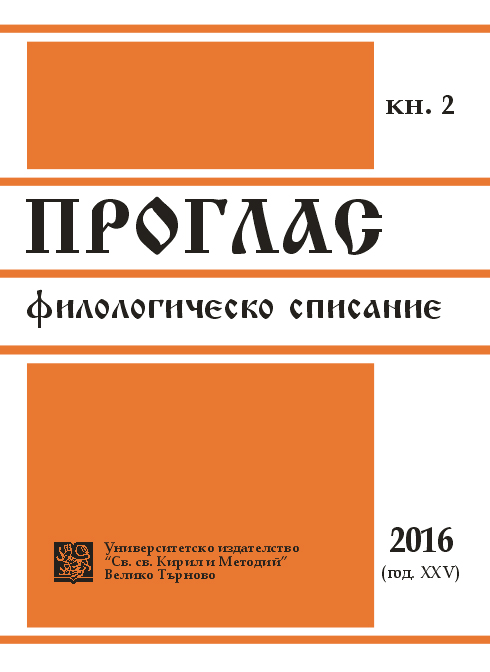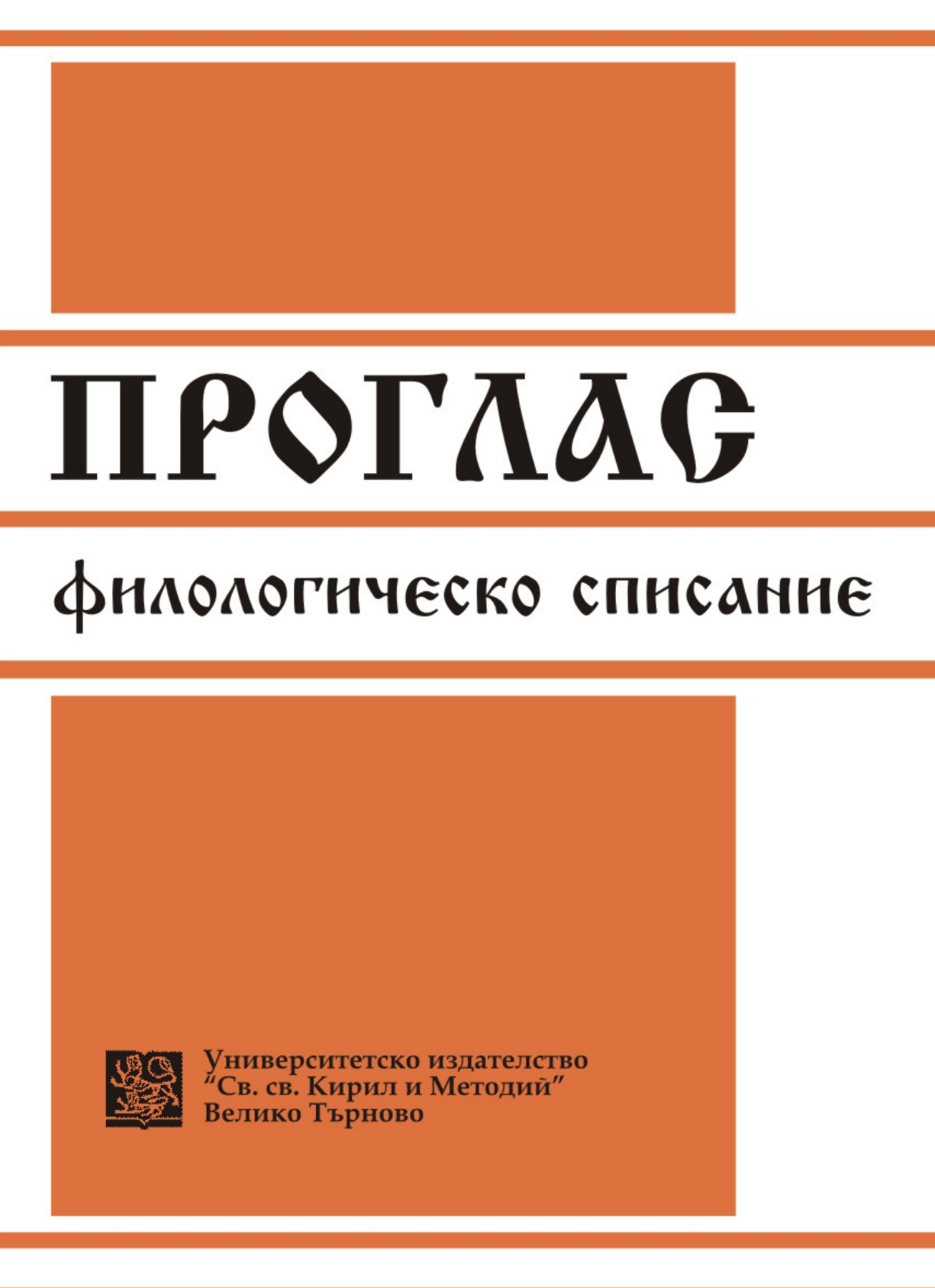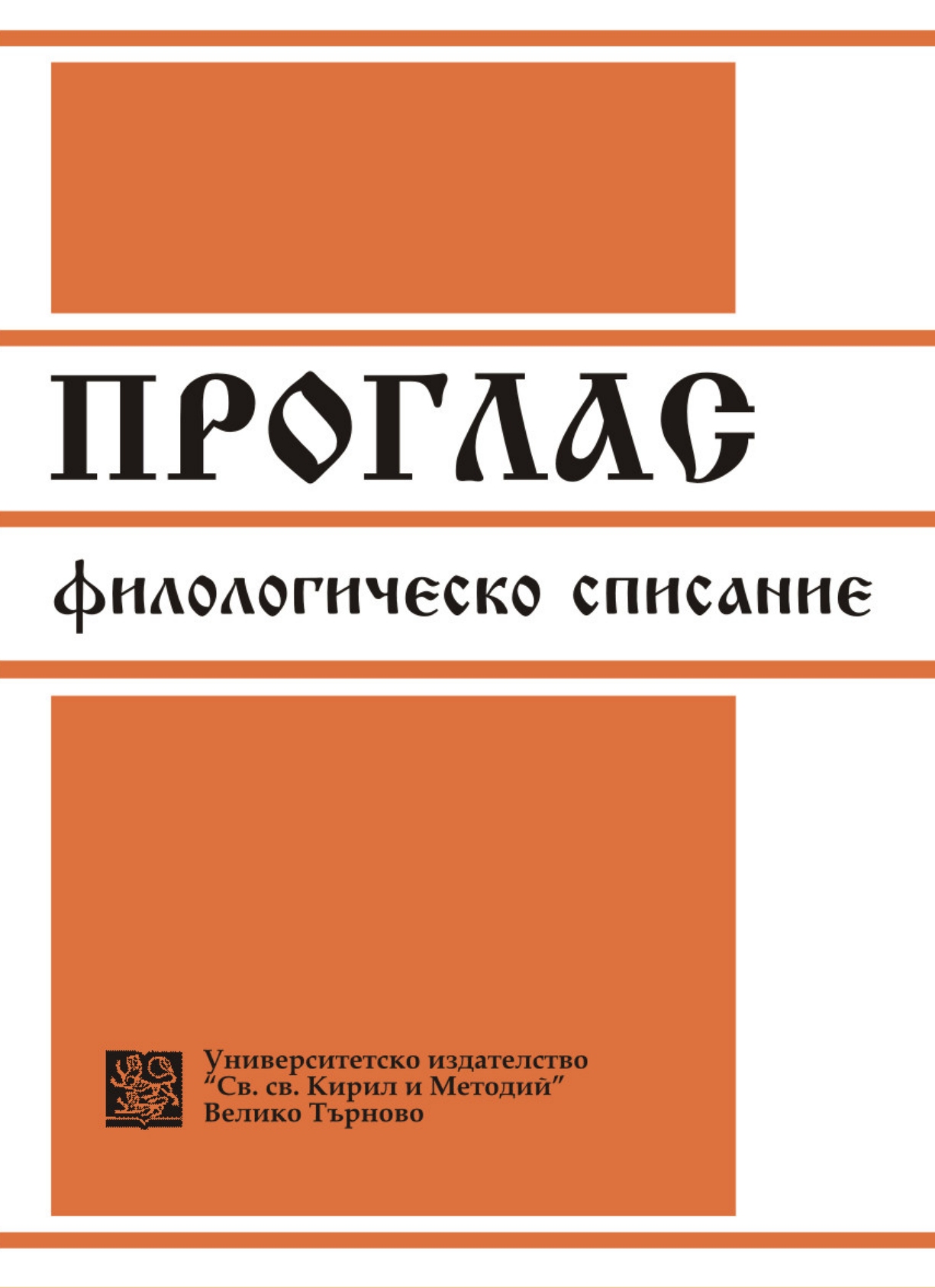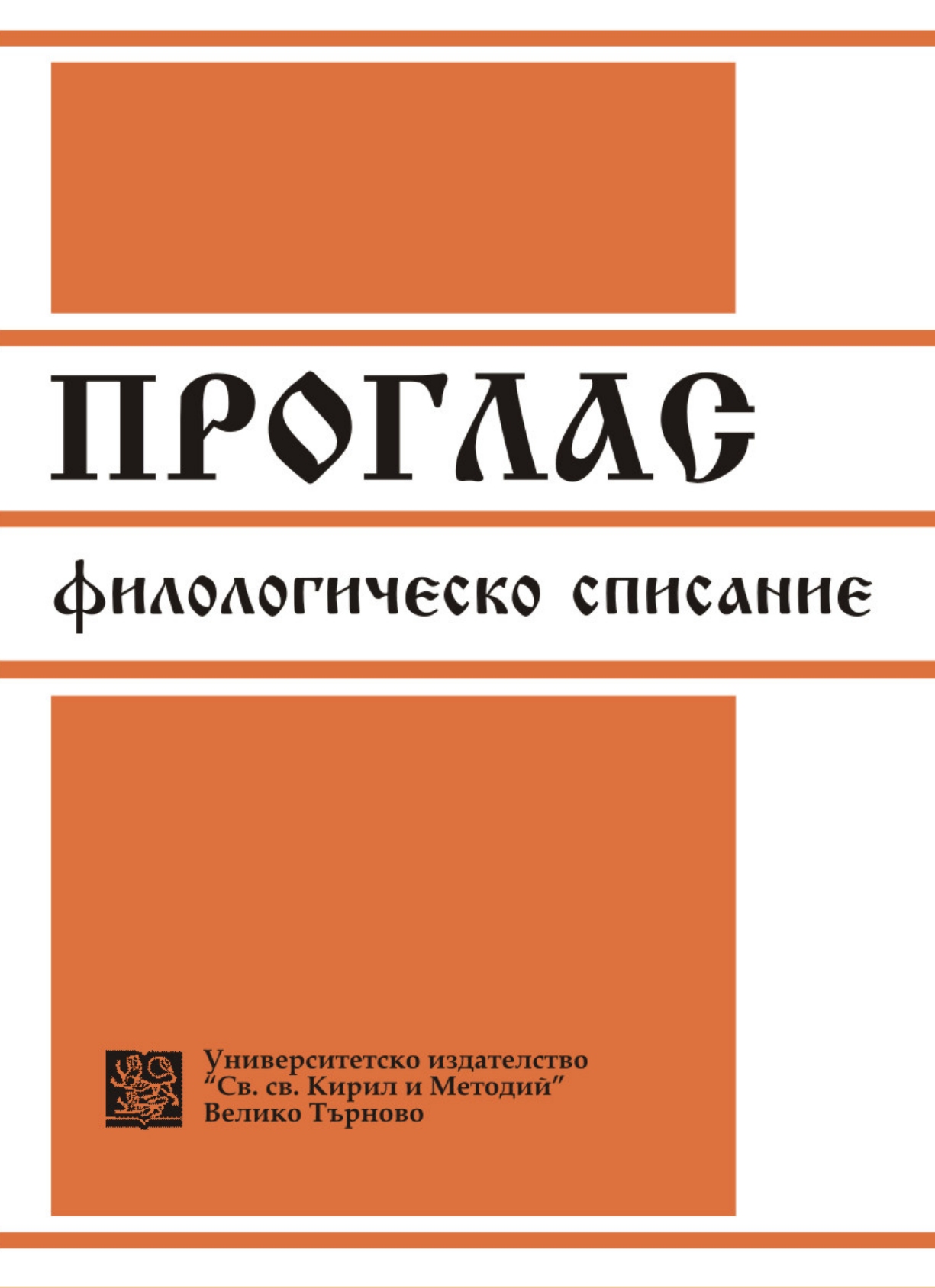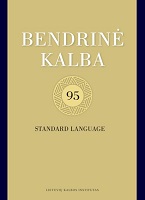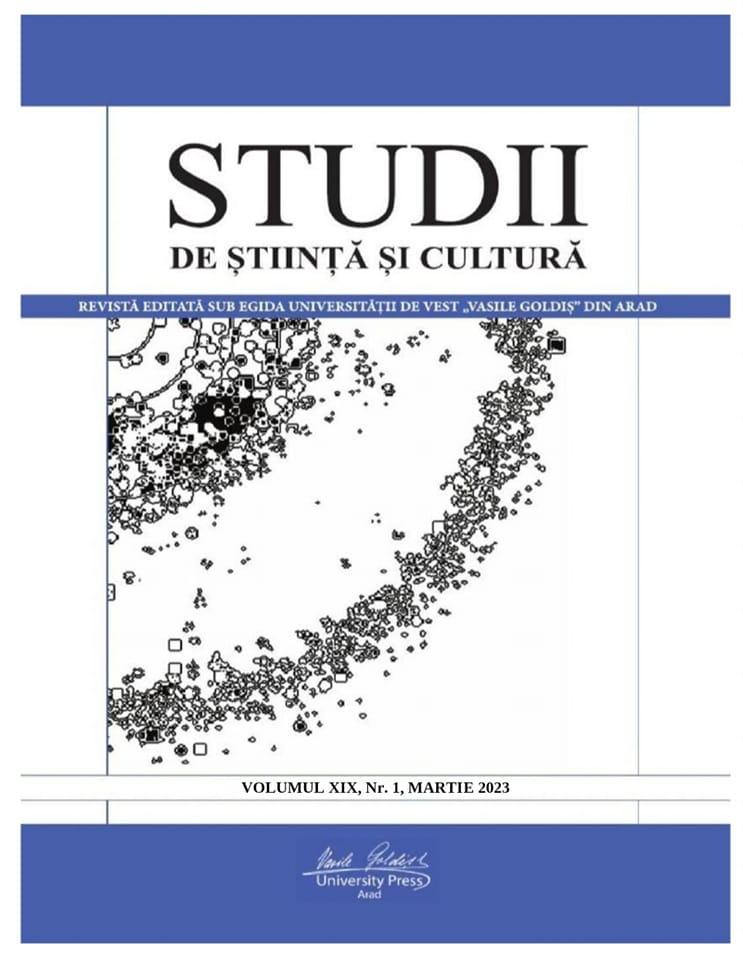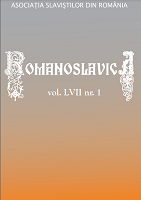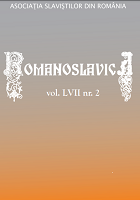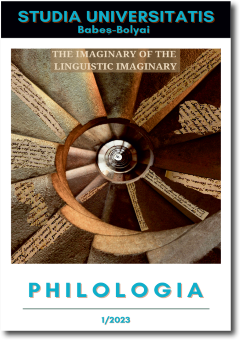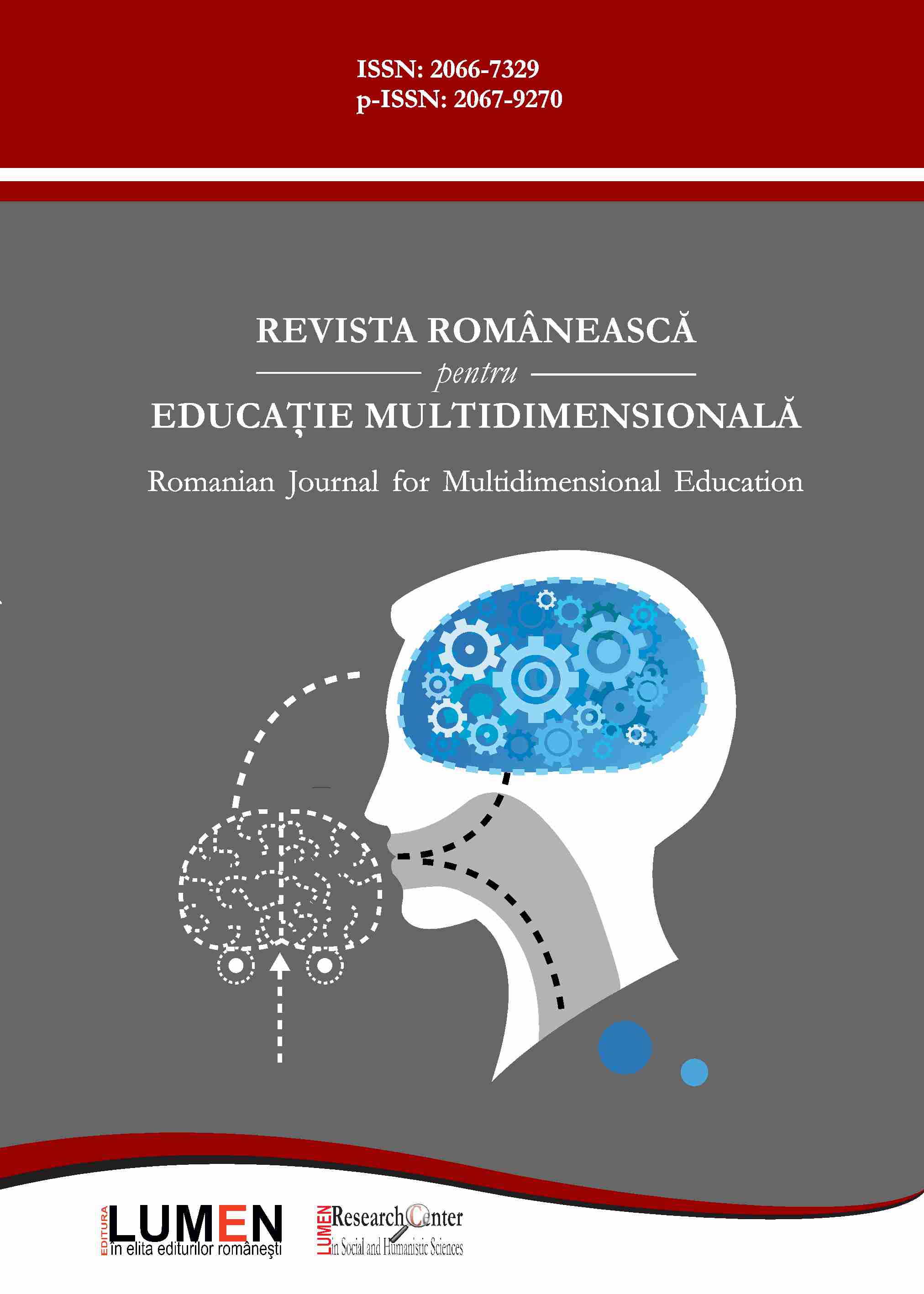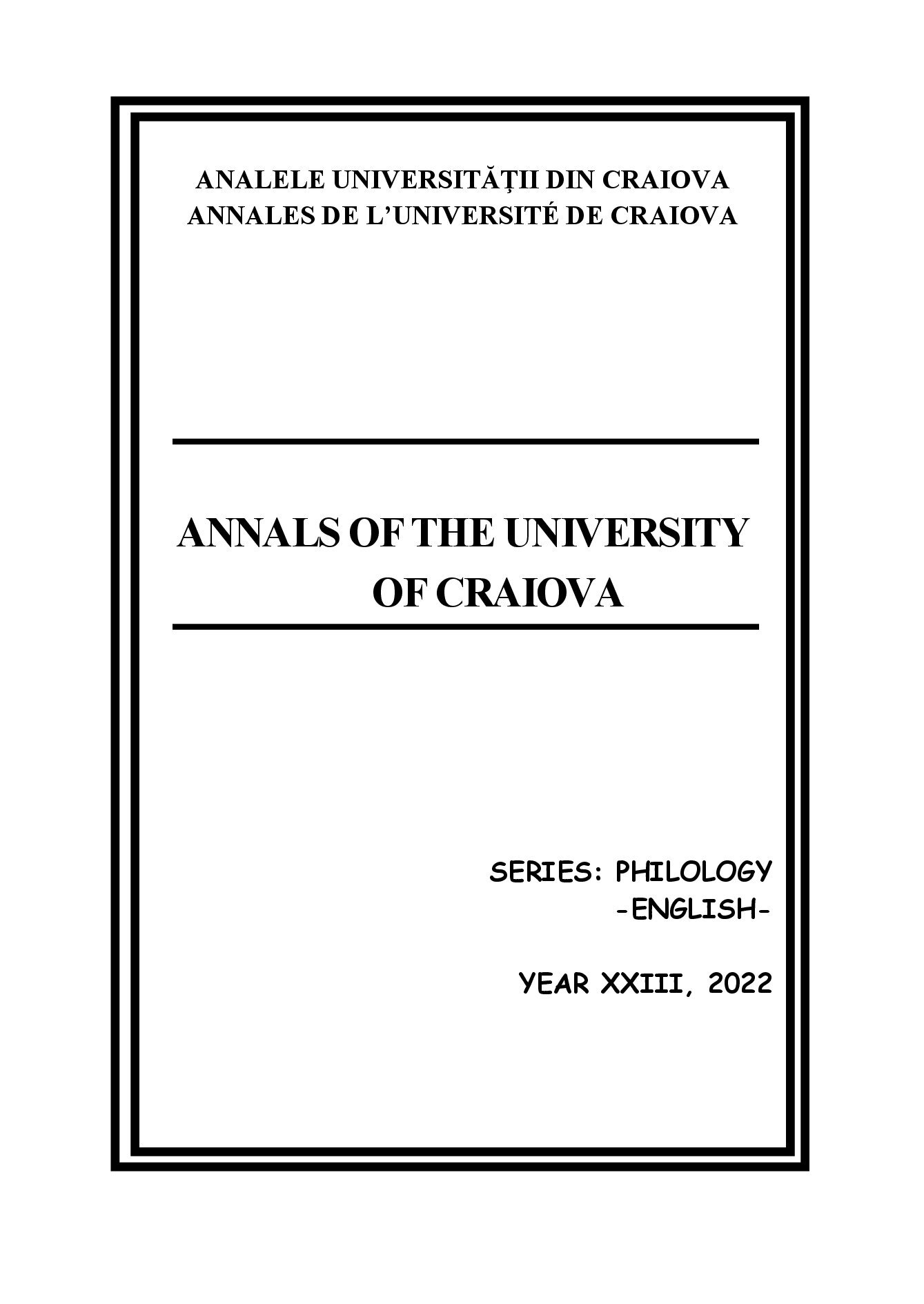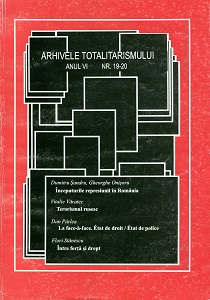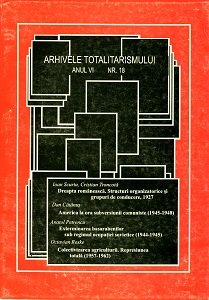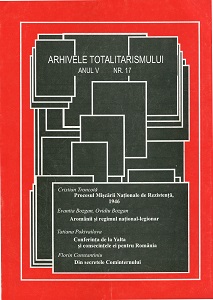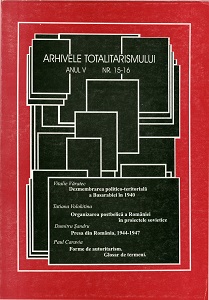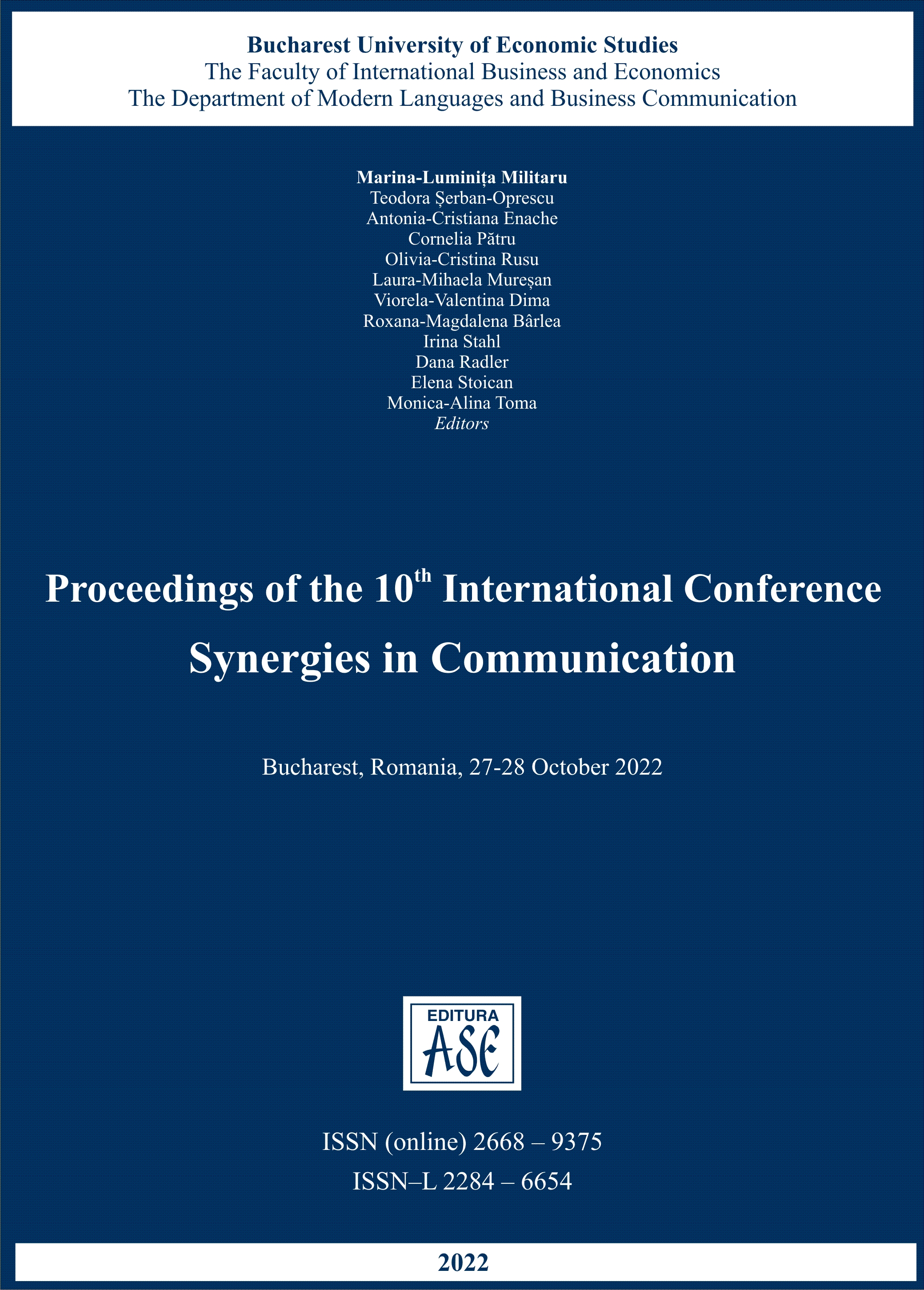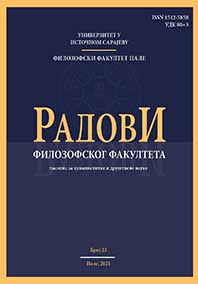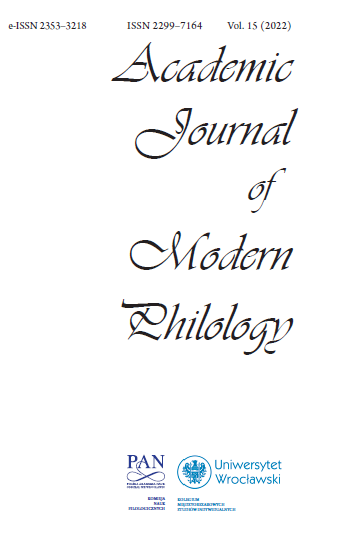Author(s): Włodzimierz Moch / Language(s): Polish
Issue: 95/2022
The work of Piotr Szmidt, not only as a rapper, but also as the author of a contemporary novel (Two dogs survived), is proof of the intensity of the penetration of English borrowings into the Polish language in recent years. The fact that we are dealing, to a large extent, with new vocabulary results from the processes taking place within contemporary culture, not only popular culture (e.g. specialist vocabulary). These phenomena cause the emergence of new lexical forms, both original and resulting from neo-semantization or calqueing. The lexical material includes: neologisms (prank ‘trick’; slow motion ‘tasting, not immediate consumption’; brifowanie ‘summarize’), neo-semantisms (fejmy ‘famous people’, zombie ‘a drugged-up man’), calques (gównoburza < shitstorm), replacements of Polish words and phrases (bez pomysłu na futurę ‘no idea for the future’; ta damulka jest camera shy ‘this lady is camera shy – feature or behavior of a person who doesn’t like to be photographed’), complementing phrases in Polish (ta jego no problem mentality ‘bezproblemowa mentalność’ nie pozwoliłaby mi… ‘his no problem mentality wouldn’t let me ...’), phraseological elements of phrases ((Back in the days ‘kiedyś, dawno temu’ podstawową walutą był szacunek ‘back in the days, the basic currency was respect’). In Mes we are dealing not only with older and newer English vocabulary, adapted rather smoothly to Polish, but, what is equally interesting, with new phenomena in terms of syntax. For example, the fashion of starting sentences in Polish and ending them in English or vice versa (I’m sorry my book ‘przepraszam moja książko, pamiętniku’, jutro do ciebie zajrzę ‘I’m sorry my book, I’ll look at you tomorrow’) requires careful study. English borrowings, similarly to other languages, although to a much lesser extent, serve to renew the resources of the Polish language, to ennoble both their users and the spheres of life they concern, as well as broadly understood pop culture, which has a profound impact on the daily lives of young people. Their use is motivated by snobbery, but above all by the joy of being a bilingual person, of code-switching, so visible in Mesa. Noteworthy are his metalinguistic remarks on borrowings into Polish, a voice that initiates an interesting discussion, which I hope will develop.
More...
